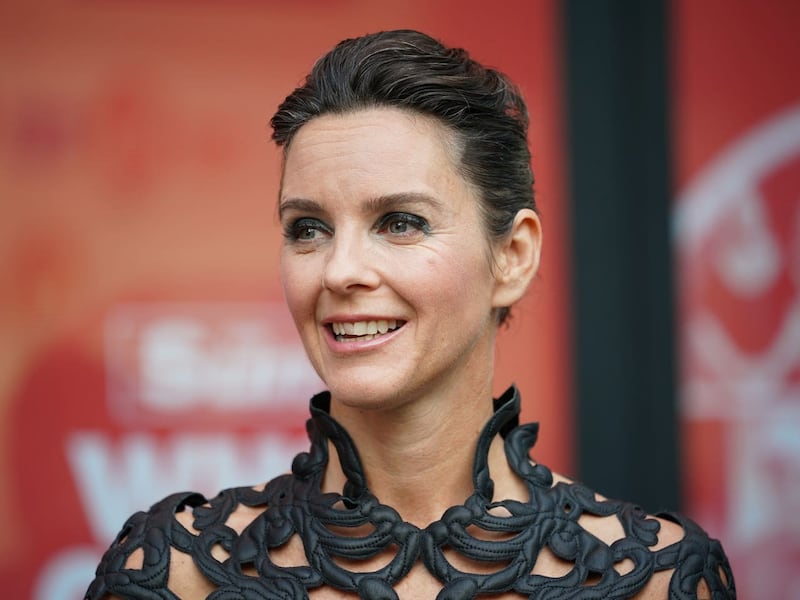Channel 4 has reported a record deficit of £52 million for 2023 but has ruled out turning to the Government for assistance.
The broadcaster’s annual report published on Tuesday said it had ambitious plans at the beginning of the year, but challenges due to inflation and high interest rates impacted business confidence and investment in TV advertising.
Its expenditure over the year included a £663 million investment in content, with £520 million spent on original content.

At a press briefing on Tuesday, chief executive Alex Mahon said: “We chose to prioritise investment in content and recorded a significant deficit in 2023 as a result.
“We did it knowing that the single biggest contribution we can make to the financial health of the UK creative economy is what we spend on British IP (intellectual property) and in such a tough year, that was more important than ever.”
She added: “There was never a deficit as high as that. And as we say, we expect it to be lower this year. So in that sense, it’s a record.
“But I would remind you of the years of record surpluses a couple of years before that.”
The deficit comes after the broadcaster recorded surpluses in 2020 of £74 million, 2021 of £101 million and £20 million in 2022.
It also states it has net cash reserves of £96 million.
At the media briefing, chief operating officer Jonathan Allan said: “Our unique not-for-profit model allows us to take this longer-term view and plan to break even over the medium-term.
“Indeed, over the last 12 years, we’ve recorded six surpluses and six deficits.”
It comes after its privatisation battle with the Government came to an end last year when former culture secretary Michelle Donelan confirmed plans to sell off the broadcaster had been scrapped and said Channel 4 would now be able to make and own some of its own content.
Asked if they would consider turning to Government for support, Ms Mahon: “We’re not looking for Government to do anything, thanks very much. We are always open to ideas.
“There’s three years of surpluses … that’s £178 million surpluses in those three years.
“The idea of the model is then you can use that for the down years and keep investing.”
The broadcaster’s chief content officer Ian Katz also criticised Phillip Schofield‘s return to screen for his Cast Away series on Paramount-owned Channel 5, which aired last month.
The 62-year-old spends 10 days alone on a small island off the coast of Madagascar in his first return to a TV series since leaving ITV amid the furore over his admission of an “unwise, but not illegal” relationship with a younger male colleague on This Morning.
Speaking about the ex-presenter’s return, Mr Katz said: “I think that for me, the kind of key thing is that people like Phillip Schofield get appropriate challenge when they are on air.
“I cast my mind back to Matt Hancock’s appearance on Channel 4 soon after his defenestration he got a good going over on (Celebrity) SAS.
“I would like to see a tad more challenge than perhaps Phillip Schofield (got on Channel 5)… sunburn possibly not enough challenge.”
Content boss Mr Katz saw his pay deal drop to £481,000 – from £845,000 a year earlier – after declining a bonus.
Meanwhile, Ms Mahon saw her total pay package fall by around a third for the year, after receiving a smaller bonus.
She received £993,000 for 2023, consisting of a £619,000 salary, £247,000 in bonuses and other pensions and benefits. It represented a slump from £1.49 million in 2022.
The chief executive said the executive who took bonuses took a “significantly reduced” bonus despite strong performance and that they supported Mr Katz’s decision to decline the additional pay this year.
She said: “Ian declined to take an executive bonus, which we all supported him in his decision, particularly because he feels close to the indie community and the complexity of the last year with the downturn and what they went through.
“And for him, I think, that was an important decision in terms of his work with indie producers.”



